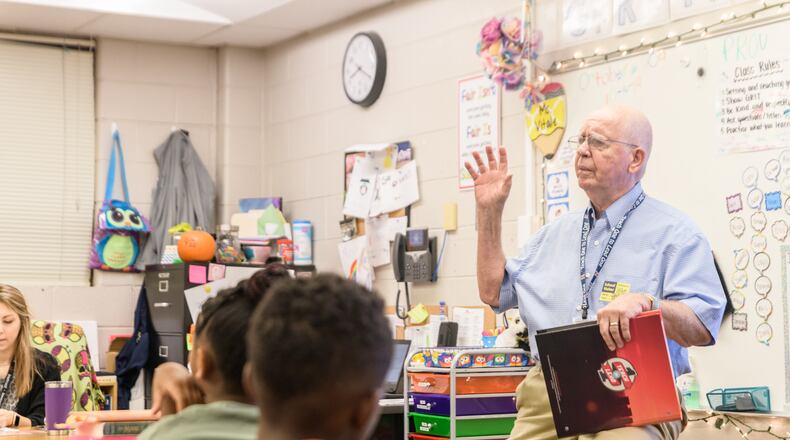The driving force of any nonprofit is the need for the services offered.
The impetus for Celebrate Life International now dba Teach One to Lead One organization was quickly realized in 1995 when Dr. Lori Salierno spoke at an inner-city school in Florida. The last school assembly had resulted in a riot. Lined up at the back of the gym was a row of policemen and the speaker was met with cat calls, cursing, the finger and more, said Brenda Rico-Paredes, one of the delegates of the T1L1 Atlanta Board of Delegates. She added that several young men stood up chanting and inched their way toward Dr. Lori in an attempt to rattle her.
After the presentation, a conversation ensued with one of the young men from the gang that had tried to intimidate her. It led to Salierno being asked if she thought “someone like me could be a leader in this country?” to which she replied affirmatively.
It was the speaking engagement and the serious dialogue with the student that spearheaded the founding of the nonprofit in Oct. 1996. The organization’s mission hit on transforming at-risk kids into “responsible residents and on developing leaders of integrity”, Rico-Paredes added.
Brought into schools (and the juvenile court system), the structured mentoring program is for kids aged 8 to 18 that leads them through the application of universal principles starting with respect. Following are integrity, courage, humility, excellence, compassion, enthusiasm, teamwork and honor. Giving back to the community is also a part of the curriculum.
“… it came about because quite frankly given the state of our world and what is going on, our kids were missing out on these various essential understandings that make them productive citizens in our world,” Atlanta Chapter Area Manager Robert Pledger said.
The team of adult mentors remains in the same classroom for the 14-week program. “Joy and celebration are the principles within Teach One to Lead One,” he noted.
Rico-Paredes stated, “Not just mentor them superficially but something that would serve them whether they’re an employee in the workforce or a leadership position. These principles are universal and effective anywhere you go, in any culture, any country.” Beyond that we want to build that relationship for support should it ever be needed, she added. “It oftentimes extends beyond that one semester of mentoring.”
Unlike typical classroom-type lectures, the program is designed around building relationships between and among the mentors and students.
The kids are first exposed to the principles to understand what they are and then are handed some tools to “live it out,” said Pledger.
“A lot of the activities we do and a lot of the questions we ask are open-ended because we want to hear from the students. It gives them the opportunity to build those leadership skills to speak up and share their opinion. We want to create a safe space for our students to feel confident enough to say something,” the delegate said. “We don’t enforce these universal principles on them. We give them a scenario for them to contemplate.”
At the end of each session, the students are asked to live out the principle covered for the next week. Upon their return they are asked to share their stories.
Pledger said, “Is every kid going to change? No, but there is a big percentage that will and the seeds may be planted for the future.”
For more information, visit https://www.facebook.com/T1L1ATL/
Each Sunday we write about a deserving person or charity events such as fun-runs, volunteer projects and other community gatherings that benefit a good cause. To submit a story for us to cover, send to ajc.doinggood@gmail.com.
About the Author
Keep Reading
The Latest
Featured


